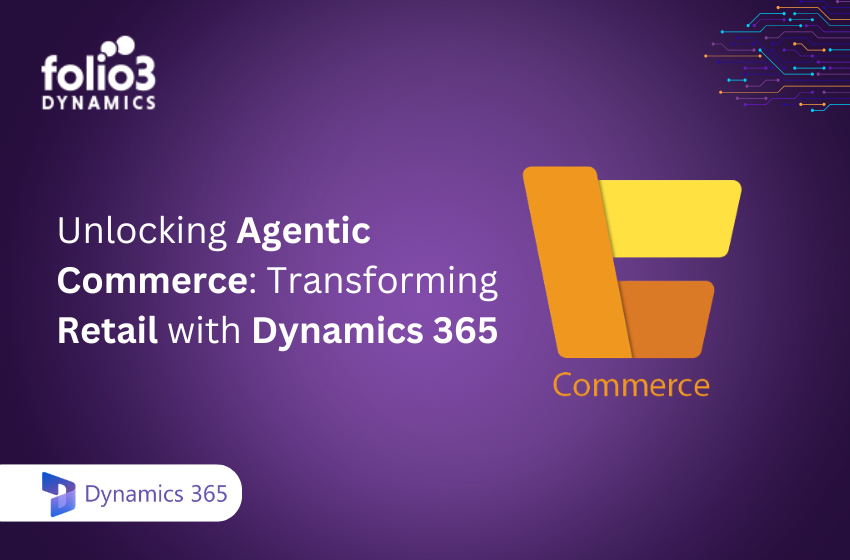What Is Dynamics 365 Event Management?
Live events and webinars are important channels for sales and marketing. Events and webinars, however, can be difficult to plan, carry out, and track. From initial planning and budgeting to advertising and publication, attendance registration, webinar streaming, final analytics, lead generation, and ROI evaluation, the Dynamics 365 Event Management tool supports you at every stage.
The Key Dynamics 365 Event Management Features
- One system with seamless contact, registration, and attendance management functions.
- Processes used in business to lead users through the crucial elements of event planning.
- Speaker, session, and session track management.
- Controlling access to certain sessions or tracks through managing attendee passes.
- Venue management for keeping track of structures, rooms, and room configurations.
- Hotel registration, room distribution, and visitor logistics.
- Keeping track of sponsors and the events they have sponsored.
- Putting up live events and webinars for Microsoft Teams.
- Examining each contact’s attendance record, including the events and sessions they attended.
- Integration of the Dynamics 365 Customer Voice survey.
- A completely functional website for the event that you can publish would include:
- Attendee registration using self-service.
Important information about each event, including the title, location, tickets, session schedule, and speakers.
The event website automatically refreshes with new information based only on your Dynamics 365 Marketing event-planning records.
Go to the Events work area of Dynamics 365 Event Management to create, view, and update all event-related records. From this single event record, you may add the majority of the other types of records and information that are required to plan, publish, promote, and analyze the event. The event record in Dynamics 365 offers a configurable business process workflow that aids in directing you through each phase of the process, like many other types of records do.
Use other parts of the Events work area to work with specific record types that relate to event planning, such as logistics, sessions, attendees, sponsors, and more. Depending on what you are doing at the time, you might access these types of records when working in the parent event record, or you could go to the area dedicated to a specific record type to work with that type of record only, or work across events.
After your event, session, track, speaker, and pass records are all in place for an event, you are ready to publish it on the event website, where attendees can read about the event and register for it. You must also publish each related session and track that you want to show on the website for each event.
The Pre-Packaged Event Management Of Dynamics 365 Event Management
The pre-packaged Event Management module in Microsoft Dynamics 365 Event Management enables event planners to manage registrations, sessions, speakers, and venues administratively and logistically from a single location.
Dynamics 365 Event Management Event Records
Settings for each event record include:
- Event Type
Can be put up as an introduction, webinar, meeting, training session, or demonstration.
- Format
Deciding if the event will take place in person, online, or both. Form fields will be relevant to the event type based on the choice that is chosen. Configuration information for this online session would be entered for a webinar.
- Capacity
This will serve as the venue’s top capacity for on-site events.
- Wait List
A choice to start a waitlist after capacity is reached. This would make it possible to build a marketing journey with actions that would be triggered in the event of additional cancellations.
- Schedule
A choice to establish a recurring event as well as a start/end date for the event.
- Custom Event URL
Opportunity to specify the event portal URL’s format.
- Event Image
A major image uploaded is shown in the event portal.
- Create Lead
New event registrations will be mapped to current contacts or will automatically generate a new contact. The creation of a lead for each event registration can also be automated, according to the event planners.
- Portal Payment Gateway
If money is made at registration, this needs to be put up. To collect payments, this can be set up with Worldpay, Paypal, and other vendors (subject to additional configuration).
- Multi-Attendee Registration
Publish several registrations on your coworkers’ behalf.
- Location
Which building, child room, and any corresponding room configuration will be connected to on-site events. Additional information will be displayed on these connected records. On these data, for instance, the number of rooms and the amenities that are available can be tracked.
The total number of registrations made through all the event portals will be listed in the record once an event has been promoted. Whenever the event is taking place, a check-in count gives a running tally of everyone who has been scanned in.
Conclusion
Get in contact with us to find out more if your company is searching for a new event management solution. We’ll address your inquiries and show you how Dynamics 365 Event Management can be customized to meet your needs.
If you still have more to ask, reach out to team Folio3 for the best Advice on Dynamics 365 Event Management and the best practices of Microsoft Dynamics 365’s products, in general.



